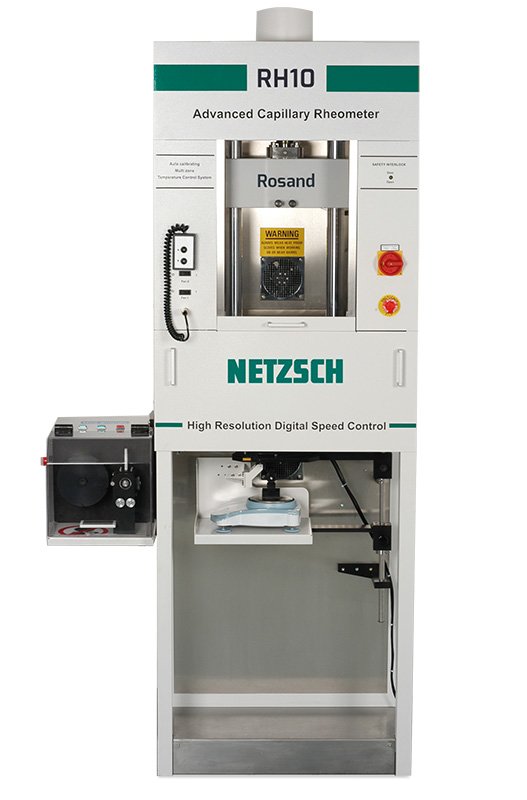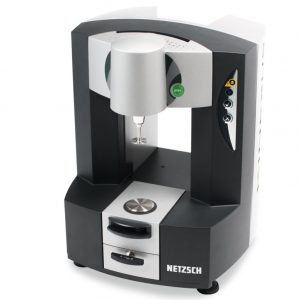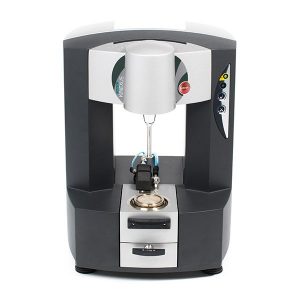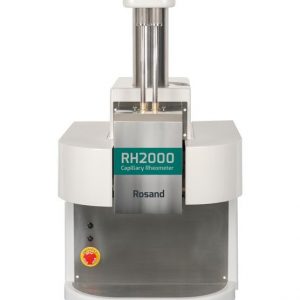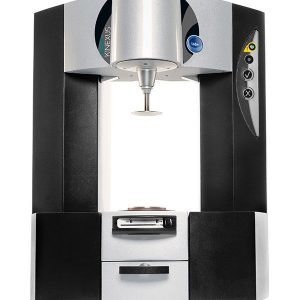Rosand RH7/ RH10 Capillary Rheometers
Research-level Rosand RH7 and RH10 capillary rheometers provide highly flexible measurement capabilities for materials under high pressure and high shear rate extrusion – from polymer melts to ceramics, and from foodstuffs to inks and coatings.
- High force range (up to 100kN) and wide dynamic speed range (>225,000:1) allow test correlation with real material processing conditions.
- Twin bore barrels as standard enables absolute shear viscosity measurements and simultaneous calculation of extensional (elongational) viscosity.
- Range of optional barrel sizes and barrel materials to permit measurement of thermally-sensitive, chemically-aggressive or aqueous-based samples.
- Wide range of high precision tungsten carbide dies as standard to cover all materials and test types.
- Easily interchangeable melt pressure transducers to cover all test requirements – configured with low noise, triple-stage amplifiers for optimized measurement sensitivity at the die entry when using ‘zero length’ dies (extensional viscosity measurements).
- Nitrogen purge option available for testing in a dry, inert atmosphere to minimize sample degradation.
- Integral fume chamber with extraction to vent sample gases for operator safety.
- Proprietary bi-modal speed control algorithms suited to low and high-speed operation optimize shear rate measurement range for a particular die.
- Precise sample temperature control using three independent zone heaters, with 10 times DIN accuracy platinum resistance thermometers. High temperature (500ºC maximum) and cooling coil options are also available.
- Rigid ‘H’ frame design for compliance-free measurements in transient tests such as pVT determination.
- Open design below barrel exit to accommodate optional accessories such as die swell measurements, melt cutters, slot die system and melt strength (Haul Off).
- Easy to use Flowmaster software with full range of tests and analyses for shear and extensional viscosity, as well as determining sample stability, wall slip and melt fracture.
- Characterization of polymer or suspension rheology across a range of shear rates and temperatures
- Simulation of extensional viscosity dominated processes such as fibre spinning, blow moulding, film blowing and thermoforming
- Assessment of extrusion behaviour for processes such as injection moulding and hot melt extrusion
- Evaluation of material behaviour at process relevant shear rates such as high speed coating and printing applications
- Detection of polymer instabilities such as melt fracture and thermal degradation
- Measurement of material elasticity and related properties such as die swell
Industry applications:
- Polymers
- Coatings
- Ceramics
- Metals
- Pharmaceuticals
- Sealants
- Foods
- Inks

